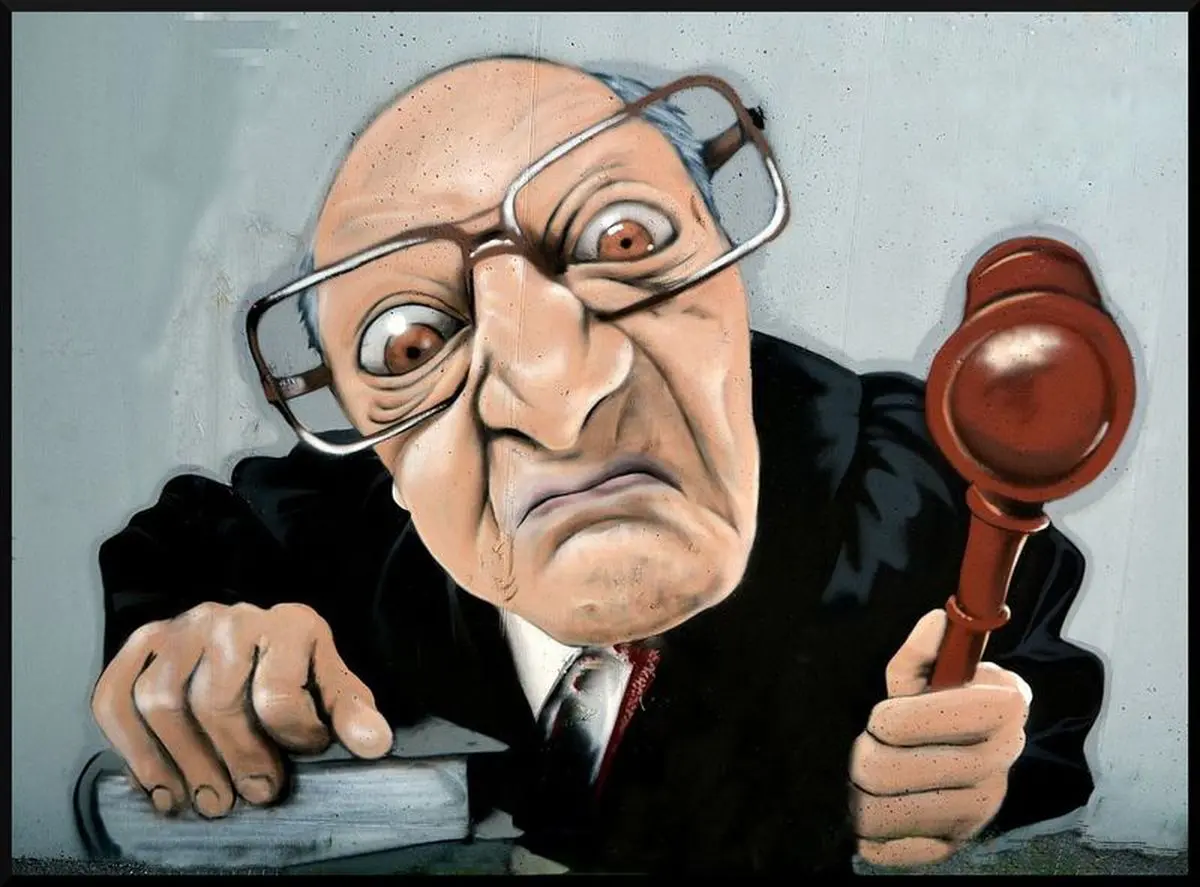By , Leave a Comment

Table of Contents
Judge or Jury?
Who should you choose to render the verdict at your trial — a judge or a jury?
In criminal trials, the defendant usually gets to choose whether to have a trial by judge (also known as a “bench trial”) or a trial by jury.
The defendant has no choice and may only have a bench trial in two situations:
- When the most serious charge carries a maximum penalty of 90 days or less (in counties outside New York City, 15 days or less); and
- When the most serious charge is a misdemeanor and the court must impose a “youthful offender adjudication” (seal the conviction because the defendant is 18 years or younger).
What’s a Trial Jury?
A trial jury is a group of regular citizens of the county, district, city, town or village where the trial is held.
In criminal courts (Criminal Court, District Court, City Court, Town Court and Village Court) where a misdemeanor is the most serious charges that may be brought to trial , juries consist of 6 people.
In superior courts (Supreme Court and County Court) where felonies are the most serious charges that can be brought to trial, juries consist of 12 people.
(Trial juries are distinct from grand juries, which are discussed elsewhere in this blog.)
When a jury is involved, the jurors are known as “the judges of the facts”, and the judge is known as “the judge of the law”. As judges of the facts, jurors determine which facts have been proven, and whether the prosecutor has proven the defendant guilty beyond a reasonable doubt. As judge of the law, the judge instructs the jury on the law that the jurors must apply when they act as judges of the facts.
What’s a Bench Trial?
When no jury is involved, the judge acts in both capacities: as the judge of the facts; and as the judge of the law.
Is Your Criminal Case Going to Trial?
Schedule a FREE CONSULTATION with Bruce Yerman, Attorney at Law
Judge or Jury?
I favor juries for one main reason: a prosecutor might have greater difficulty getting a unanimous verdict of guilty against my client from 6 or 12 jurors than from 1 judge.
The exception to this logic would be in a case where the defendant fears that jurors might be less likely to properly evaluate the facts than the judge.
For example:
- In counties where jurors are perceived to have anti-police bias, a police officer accused of assault or homicide might choose a bench trial over a jury trial.
- In counties where jurors are perceived to have an anti-immigrant bias, an immigrant accused of a crime might choose a bench trial over a jury trial.
- In any county where a defendant is accused of a particularly reviled type of crime, such as a sex crime against a child, the defendant might choose to have 1 judge, rather than 6 or 12 jurors, decide whether the prosecutor has proved guilt beyond a reasonable doubt.
Often, the identity of the trial judge is not known until the first day of trial. For this reason, the decision to give up the right to a jury trial should not be made until trial starts, when you know exactly who the trial judge will be.
Guard Your Right to a Jury Trial
Bottom line: If you have the right to a jury trial, don’t give up that right unless you have a very good reason for doing so.
Free Consultation
Bruce Yerman is a criminal defense attorney in New York City. His office is located in Suite 1803 of 299 Broadway in Manhattan.
If you’d like a free consultation to discuss bench trials and jury trials, or any issue related to criminal defense or family law, call Bruce at:
Or email Bruce a brief description of your situation:

Leave a Reply